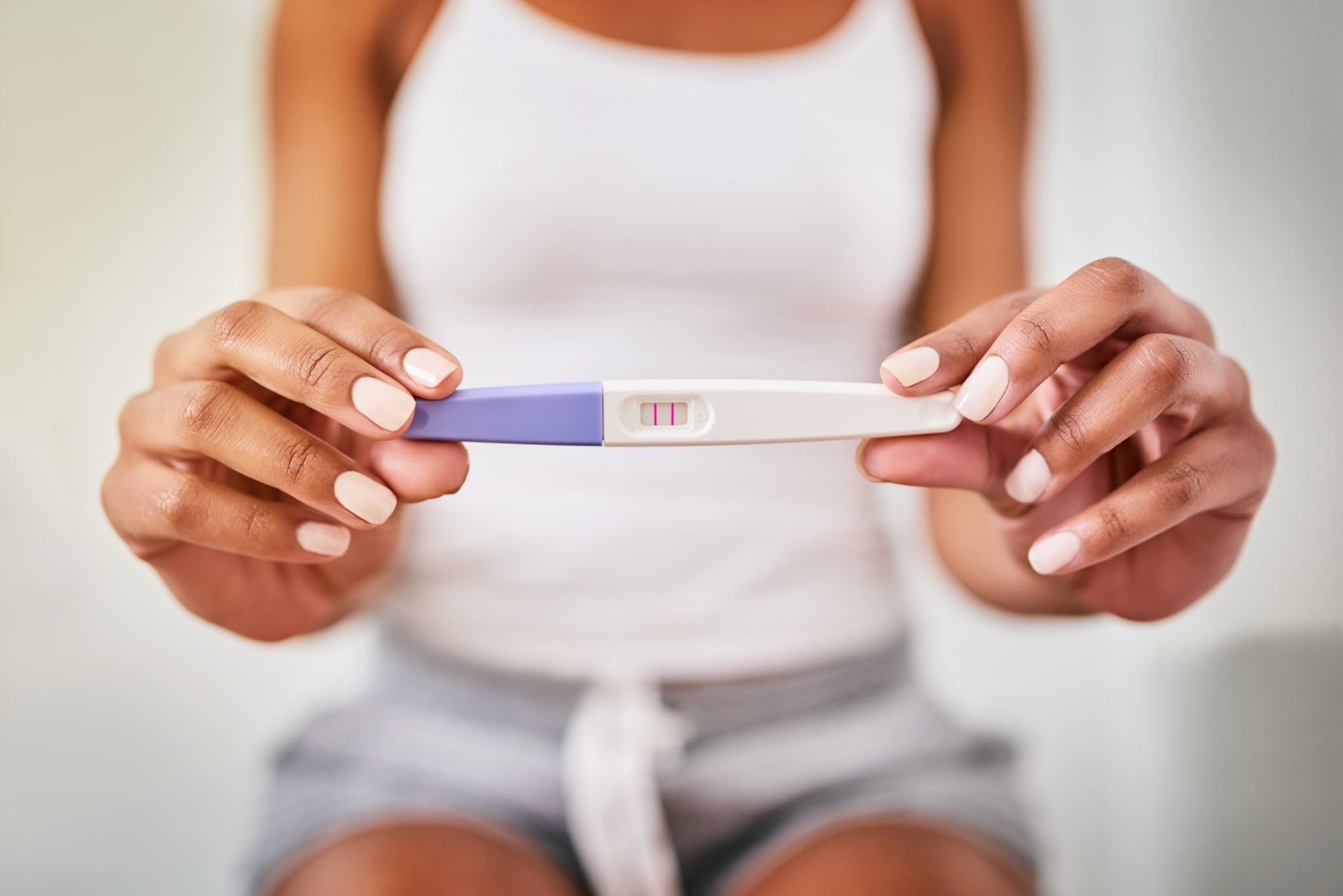Dominance of the genus Lactobacillus species and those belonging to the species L. crispatus, L. jensenii, L. iners, and L. gasseri, are a characteristic of the vaginal microbiota of fertile women. Any deviation from the paradigm of a healthy vaginal microbiome (Lactobacillus dominance, low diversity) has been frequently linked to negative gynaecological and obstetric outcomes, including infertility.
Similarly, bacteriome studies have shown that a low percentage of Lactobacillus sequences is a common signature among infertile women. As a consequence, commercial probiotic products are increasingly prescribed as an adjuvant treatment for women with infertility of unknown cause.
However, according to the authors behind this recent study, there has been no scientific or clinical evidence to support probiotics' usefulness for this target.
The team of researchers from the University of Madrid previously found that oral administration of Ligilactobacillus salivarius CECT 5713 was able to modify immunological and microbiological parameters in the vaginal ecosystem of women with a previous history of reproductive problems.
In this study, another L. salivarius strain was supplemented to women with 'habitual abortion' (implantation failure) or infertility to see its impact on fertility outcomes as well as a number of vaginal parameters.
The team found that administration of the probiotic (~9 log10 CFU) daily for six months led to a successful pregnancy rate of 67.5% (80% and 55% for women with repetitive abortion and infertility, respectively).
Significant differences in a variety of vaginal parameters were also observed in those women who got pregnant, leading the authors to conclude this strain can modulate the vaginal ecosystem and lead to better fertility outcomes.
In this work, a L. salivarius CECT 30632 intake led to noticeable pregnancy rates among RA and INF women, which involved significant changes in pH and Nugent score values, and in microbiological (Lactobacillus concentration, presence of L. salivarius cells and DNA) and immunological (TGF-β1, TGF-β2 and VEGF) parameters in the vaginal ecosystem," the authors conclude.
"A previous work from our group showed similar results with a different L. salivarius strain... This highlights the need of a careful strain-by-strain evaluation when probiotics are aimed to contribute to the fertility field, which is very appealing, having in account the limited efficacy of the treatments that are available for repetitive abortion and infertility of unknown origin."
The study
A sample of 74 women were recruited and classified into four groups: RA (repetitive abortion; n = 20) had experienced three or more miscarriages within the first 12 weeks of pregnancy; infertile women (INF; n = 20) were characterized by their inability to conceive after at least three ART attempts. The non-pregnant control group (NPC; n = 14) was integrated by non-pregnant women who were the mothers of ≥2 healthy children. Finally, the pregnant control group (PC; n = 20) included healthy pregnant women with natural pregnancies.
The L. salivarius strain utilised in this study was previously isolated from a woman with a successful reproductive history and was characterised for a variety of general and vaginal-related probiotic properties.
From day 0, RA and INF women ingested a sachet containing the freeze-dried test strain (L. salivarius CECT 30632) at a concentration of approximately 9 log10 CFU, daily for 6 months or until a diagnosis of pregnancy. Ingestion of the probiotic strain was continued for the first 15 weeks of pregnancy if an RA or INF woman became pregnant.
A variety of vaginal parameters (cervicovaginal lavage (CVL), Nugent score, pH, microbiological and immunological profiles) were studied, and the data compared with those obtained from healthy fertile women, at the beginning and end of the trial.
Resulting data revealed L. salivarius CECT 30632 displayed inhibitory activity and co-aggregation ability against all the vaginal pathogens used as indicator microorganisms. Co-aggregation between the probiotic strain and the Candida and G. vaginalis strains was particularly intense.
Lactobacilli were isolated in the vaginal samples of all the NPC women. In contrast, lactobacilli were detected only in 60% and 35% of the samples collected from the RA and INF groups, respectively.
Additionally, the mean vaginal lactobacilli counts in the lactobacilli-positive women of the RA and INF groups were 2.62 and 2.75 log10 units lower, respectively, than those observed in the NPC group.
The profile of Lactobacillus species in the NPC group also differed from that observed in the RA and INF groups. Up to six different species could be isolated from the samples of the NPC group, including L. vaginalis, L. salivarius, L. fermentum, L. gasseri, L. jensenii, and L. crispatus. In contrast, the RA and INF groups displayed narrower profiles and L. vaginalis and L. salivarius could not be isolated.
The oral administration of the probiotic strain also resulted in a significant increase in the vaginal Lactobacillus concentration in RA women that got pregnant; in contrast, no significant changes were observed in the RA subgroup that did not become pregnant.
Likewise, supplementation resulted in a significant increase in the vaginal Lactobacillus concentration in all the INF women that got pregnant while such effect was observed only in 30% of the INF subgroup who did not get pregnant and, in such cases, the concentration was significantly lower.
The report states: "Specific vaginal strains may display a range of activities with potential to benefit reproductive outcomes, including the competitive exclusion of potentially harmful microbes that may compromise embryo implantation or fertility, contribution to vasculogenesis and angiogenesis...and immune-related activities involved in either implantation or tolerance towards the embryo."
Source: Nutrients
https://doi.org/10.3390/nu15020362
"Immunomodulation of the Vaginal Ecosystem by Ligilactobacillus salivarius CECT 30632 Improves Pregnancy Rates among Women with Infertility of Unknown Origin or Habitual Abortions"
Fernández, L.; Castro, I.; Arroyo, R.; Alba, C.; Beltrán, D.; Rodríguez, J.M.


